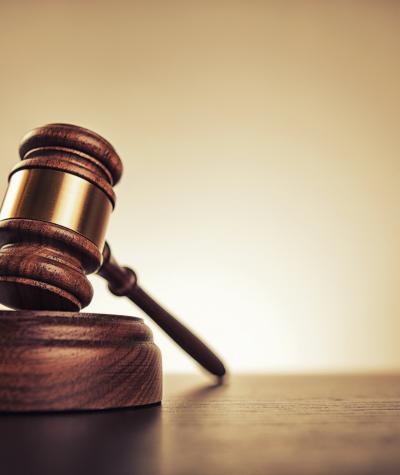A federal judge late last night said he wasn’t convinced recent overnight changes to voter registration requirements in Kansas, Georgia and Alabama would really harm voters.
Brian Newby, the new executive director of the Election Assistance Commission (EAC), recently tried to unilaterally change voting requirements in these three states, so that voters have to show proof of citizenship to register to vote in federal elections.
Requiring voters to produce proof of citizenship documents adds an unnecessary burden, particularly for low-income, elderly and minority voters, who may have difficulty obtaining these documents. Newby imposed the new requirements without a vote of the EAC commissioners, without providing the public with an opportunity to comment, and without providing any public explanation for the change.
A coalition of civil rights groups filed a lawsuit challenging Newby’s actions, which has caused caused confusion on voter registration efforts in those states.
Every day that Newby’s action is in effect means it’s more difficult for Americans to vote. The Department of Justice (DOJ) agreed, and said that the court should block Newby’s actions because he exceeded his authority under the National Voter Registration Act. That means both parties in the case wanted the judge to block Newby’s actions as unlawful.
Yet, the federal judge allowed Kansas Secretary of State Kris Kobach and the Public Interest Legal Foundation, a conservative law firm, to intervene to defend the change. During oral arguments, Judge Leon chastised the DOJ during the hearing for failing to defend the EAC.
Kobach, the architect of the Kansas requirement, argued that an immediate order blocking the change is not necessary because no voters, in the short-term, will be harmed since some of the relevant registration deadlines have passed for the upcoming primaries and caucuses.
But it is possible that as a result of last night’s court order, some voters may now be kept from casting a ballot in the general election. Every day of a presidential election year, voters are trying to register. According to Kobach, in Kansas, 22,000 voters have registered to vote just this month. Because of the confusing changes, some of those trying to register will think they need to show documents proving citizenship. Those that don’t have the documents, or the means to acquire them, will not register and probably won’t try again later.
After all, it’s not likely that, should the court later block the changes, Kobach will engage in a massive voter education effort to inform voters that proof of citizenship documents are no longer required. Rather, some states are actually misleading voters about new voting restrictions recently imposed.
The court will hear further arguments in this case on March 9. Hopefully, the court will not allow confusion and unchecked tactics to suppress the vote as the general election approaches. Stay tuned.

